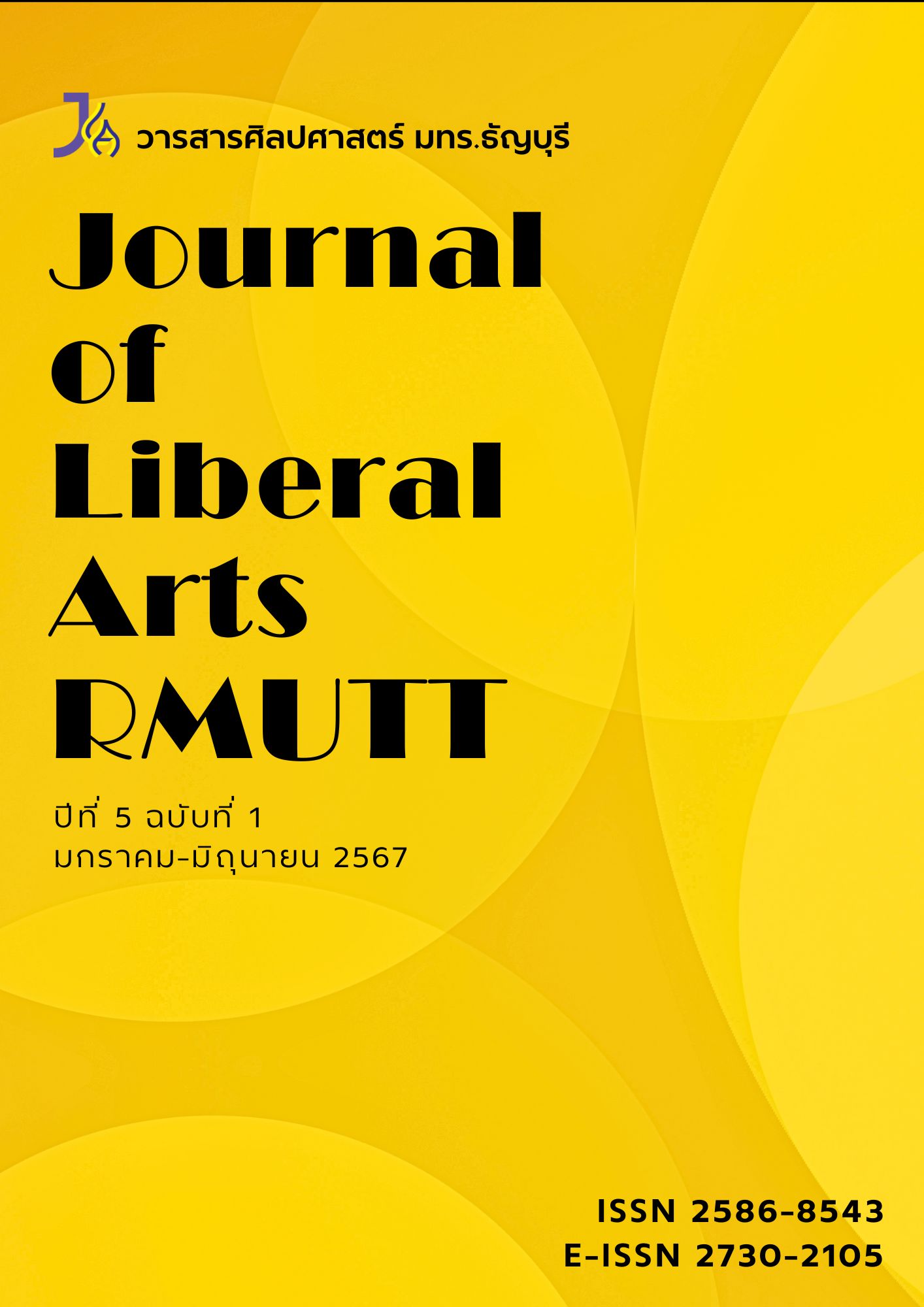Empowering Students’ Autonomous Learning through Self-regulation, Metacognitive Strategies, and Collaborative Learning Environments
DOI:
https://doi.org/10.60101/jla.2024.5.1.4065Keywords:
autonomous learning, metacognition, self-regulationAbstract
This article presents the enhancement of autonomous learning among learners using self-regulation strategies, metacognition, and a cooperative learning environment. These elements contribute to higher academic achievement. Promoting learners to enhance their knowledge of self-regulation and developing metacognitive skills in a cooperative learning environment is important for student learning in the 21st century. It helps learners spend time outside of universities to develop their knowledge and understanding. These skills are necessary for lifelong learning. This study shows that to promote students’ autonomy, teachers need to develop new teaching strategies and encourage students to have skills in planning, teamwork, self-reflection, and self-assessment, as well as time management with technology and effective communication. Recognizing the value of self- autonomous learning is essential for students. To transition from being passive recipients of information from lecturers to actively seeking knowledge and continuously learning independently, learners must embrace new learning strategies.
References
Baker, L., & Brown, A. L. (1996). 12 metacognitive skills and reading. Handbook of reading research, 1, 353.
Clifford, V. & Montgomery, C. (2015). Transformative learning through internationalization of the curriculum in higher education. Journal of Transformative Education, 13(1), 46-64.
Darling-Hammond, L., Hyler, M. E., & Gardner, M. (2017). Effective teacher professional development. Palo Alto, CA: Learning Policy Institute.
de Vries, J. A., Dimosthenous, A., Schildkamp, K., & Visscher, A. J. (2022). The impact of an assessment for learning teacher professional development program on students’ metacognition. School Effectiveness and School Improvement, 34(1), 109–129. https://doi.org/10.1080/09243453.2022.2116461
Deci, E. L., & Ryan, R. M. (2000). Self-determination theory and the facilitation of intrinsic motivation, social development, and well-being. American Psychologist, 55(1), 68-78.
Dominggus, R. & Kristin, S. (2019). The influence of project-based learning strategies on the metacognitive skills, concept understanding and retention of senior high school students. Journal of Education and Learning, 13(1), 104-110.
Fernández-Jiménez, C., Fernández-Cabezas, M., Polo Sánchez, M. T., & Díaz Batanero, M. C. (2018). Autonomous work and skill learning strategies applying problem-based learning: Experience of innovation in subjects related to disability. Innovations in Education and Teaching International, 56(5), 617–627. https://doi.org/10.1080/14703297.2018.1476173
Flavell, J. H. (1979). Metacognition and cognitive monitoring: A new area of cognitive–developmental inquiry. American psychologist, 34(10), 906.
Forgas, J. P., Baumeister, R. F., & Tice, D. M. (2011). The psychology of self-regulation: An introductory review. In J. P. Forgas, R. F. Baumeister, & D. M. Tice (Eds.), Psychology of self-regulation: Cognitive, affective, and motivational processes (pp. 1–17). Psychology Press.
García-Jiménez, E., Gallego-Noche, B., & Gómez-Ruíz, M. Á. (2015). Feedback and Self-Regulated Learning: How Feedback Can Contribute to Increase Students’ Autonomy as Learners. In Peris-Ortiz, M., Merigó Lindahl, J. (eds). Sustainable Learning in Higher Education. Innovation, Technology, and Knowledge Management. Springer, Cham. https://doi.org/10.1007/978-3-319-10804-9_9
Haesol, Bae & Kyungbin, Kwon. (2021). Developing metacognitive skills through class activities: what makes students use metacognitive skills? Educational Studies, 47(4), 456-471.
Higgs, J. (2012). Planning learning experiences to promote autonomous learning, Developing student autonomy in learning. Routledge.
Kim, Y. K., & Lundberg, C. A. (2016). A structural model of the relationship between student–faculty interaction and cognitive skills development among college students. Research in Higher Education, 57, 288-309.
Macaskill, A. & Denovan, A. (2013). Developing autonomous learning in first year university students using perspectives from positive psychology, Studies in Higher Education, 38(1), 124-142.
Marantika, J. E. R. (2021). Metacognitive ability and autonomous learning strategy in improving learning outcomes. Journal of Education and Learning (EduLearn), 15(1), 88-96.
Nguyen, C. T. (2012). The roles of teachers in fostering autonomous learning at the university level. Procedia-Social and Behavioral Sciences, 47, 605-609.
Nuankaew, W. S., Nuankaew, P., Teeraputon, D., Phanniphong, K., & Bussaman, S. (2019). Perception and attitude toward self-regulated learning of Thailand’s students in educational data mining perspective. International Journal of Emerging Technologies in Learning, 14(9), 34.
Osterman, K.F. (2023). Teacher Practice and Students’ Sense of Belonging. In Lovat, T., Toomey, R., Clement, N., Dally, K. (eds). Second International Research Handbook on Values Education and Student Wellbeing. Springer International Handbooks of Education. Springer, Cham. https://doi.org/10.1007/978-3-031-24420-9_54
Roth, G., Assor, A., Kanat-Maymon, Y., & Kaplan, H. (2007). Autonomous motivation for teaching: How self-determined teaching may lead to self-determined learning. Journal of Educational Psychology, 99, 761–774.
Tesprasit, W., Jantharajitand, N., & Thongpanit, P. (2023). Effects of Learning Management Enhancing Consciousness and Self-Regulation According to Metacognition Concept and Social Learning Theory of Prathomsuksa 6 Students. Journal of Roi Kaensarn Academi, 8(4), 226- 238.
Yusnaeni, A. & Corebima, A. D. (2017). Empowering students’ metacognitive skills on sscs learning model integrated with metacognitive strategy. The International Journal of Science and Humanities Invention, 4(5), 3476-3481.
Zimmerman, Barry J. (2002). Becoming a self-regulated learner: An overview. Theory into practice, 41(2), 64-70.
Downloads
Published
How to Cite
Issue
Section
License
Copyright (c) 2024 Journal of Liberal Arts RMUTT

This work is licensed under a Creative Commons Attribution-NonCommercial 4.0 International License.













